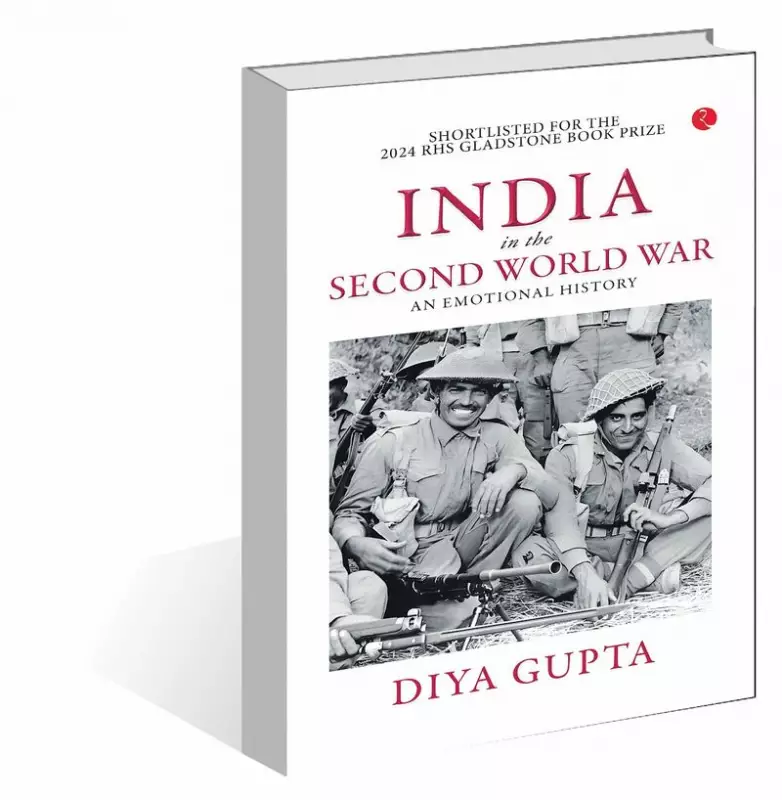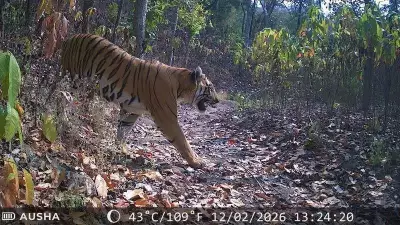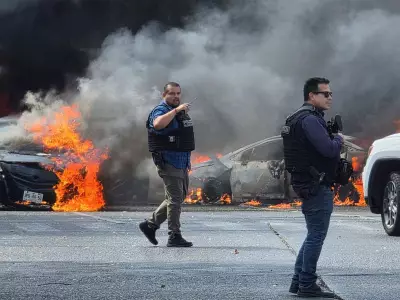
While history books often focus on battles and strategies, a groundbreaking new study delves into the emotional and psychological world of the 2.5 million Indian soldiers who served in the Second World War. Research by Diya Gupta reveals how these men, fighting for a colonial power while their own country sought independence, processed their extraordinary experiences.
The Human Side of History
Through extensive analysis of personal letters, literary works, and historical records, Gupta uncovers how Indian troops made sense of the global conflict. Their writings show not just soldiers, but thinkers, poets, and chroniclers trying to comprehend their role in a war that spanned continents.
Voices from the Frontlines
The research highlights how Indian soldiers documented their experiences through various forms of expression:
- Personal letters home that mixed military observations with emotional longing
- Poetic expressions that captured the surreal nature of modern warfare
- Cultural adaptations to foreign landscapes and wartime conditions
- Psychological coping mechanisms for trauma and displacement
The Colonial Contradiction
One of the most compelling aspects uncovered is the complex position of Indian soldiers serving under British command while the Indian independence movement gained momentum back home. These men navigated conflicting loyalties and identities throughout their service.
The research shows these weren't just passive participants in someone else's war, but active interpreters of global events that would ultimately shape the post-colonial world order.
Legacy of Silence
Despite their massive contribution to the Allied war effort, the personal stories and psychological impact on Indian soldiers have remained largely unexplored until now. This new research fills a critical gap in our understanding of both military history and the human experience of war.
The findings challenge traditional military narratives by emphasizing the emotional and intellectual dimensions of soldiering, offering a more complete picture of what it meant to be an Indian man fighting on the world stage during this pivotal historical moment.






